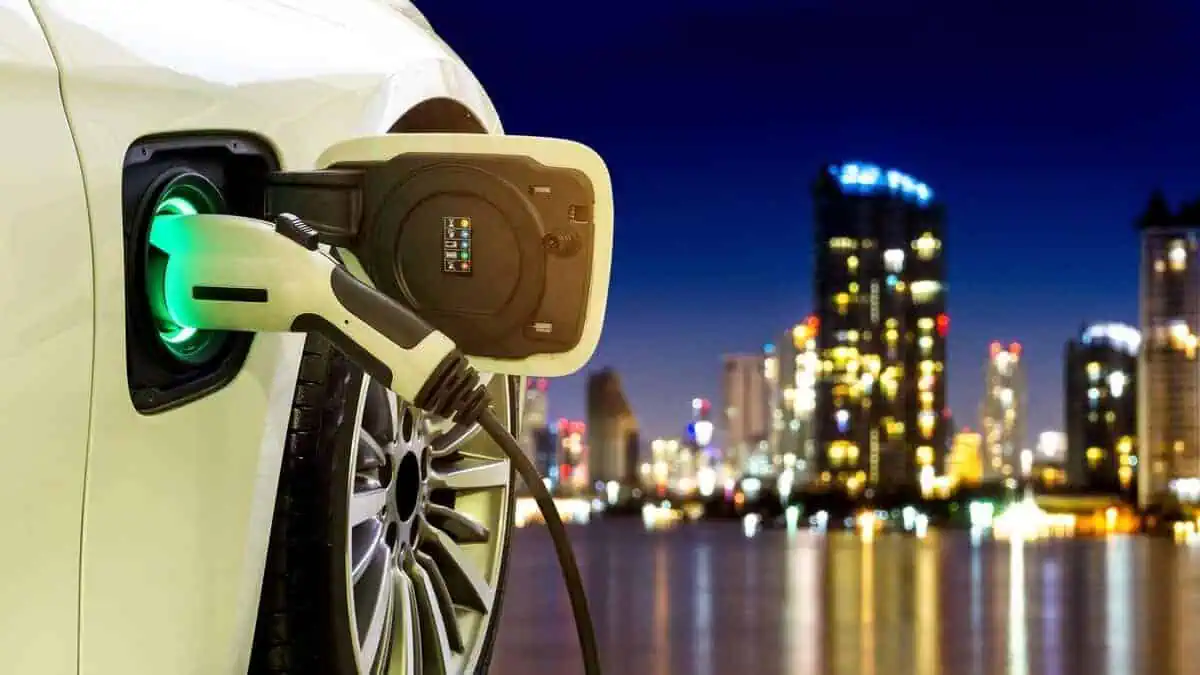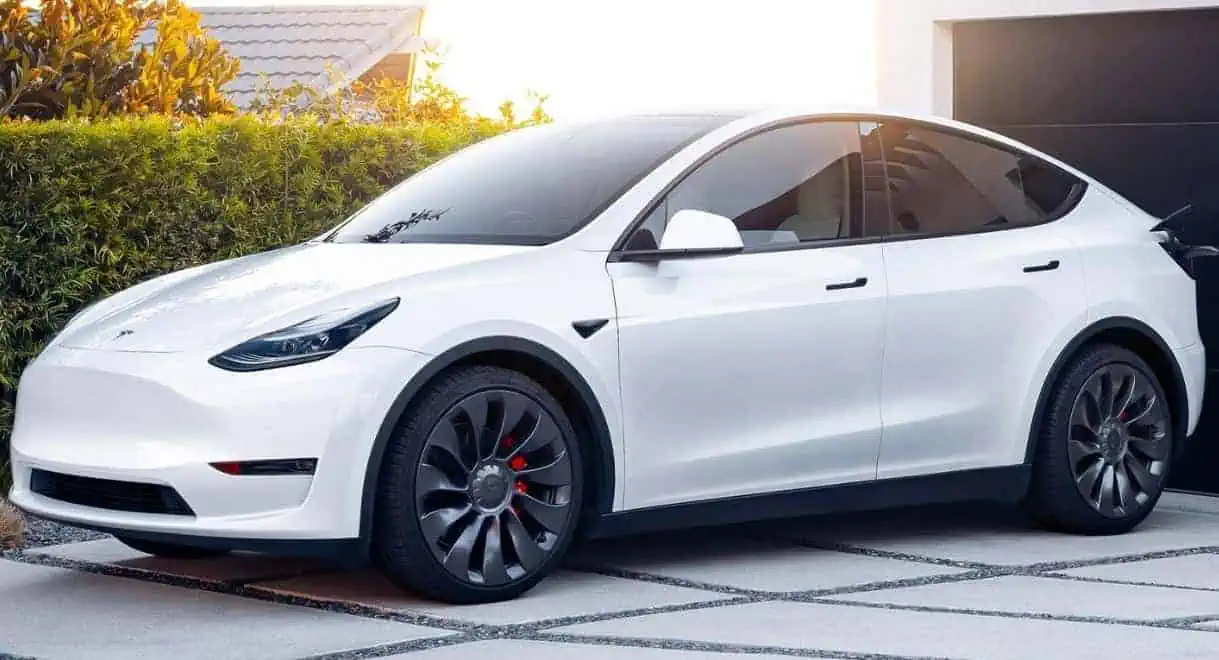Several members of Congress co-sponsored a bill that suspends the strict requirements that automakers have to comply with to make their electric vehicles eligible for the $7,500 US tax credit brought with the recent Inflation Reduction Act.
According to Notebook Check, it was filed by Congresswoman Terri Sewell, the so-called Affordable Electric Vehicles for America Act aims to suspend all US-made eligibility requirements by three years.
“Our legislation takes important steps to make the historic electric vehicle tax credits passed in the Inflation Reduction Act immediately accessible to consumers, particularly working- and middle-class Americans who would like to purchase an electric vehicle but need the federal credit to do so.” said one of the bill’s co-author, Representative Emanuel Cleaver (MO-05).
“As oil companies insist on continuing their exorbitant price-gouging of American families at the pump, these tax credits offer hardworking Americans immediate and significant financial assistance to help them purchase a vehicle that is better both for the environment and their wallets. This bill would be a major win for consumers, auto-workers, and businesses alike, and I will work with my colleagues to ensure it is signed into law by President Biden.”
The enforcement delay would provide a fair opportunity for all EV companies’ current models to qualify for subsidies while reorganizing the manufacturing base for compliance.
Affordable Electric Vehicles for America Act
“The Affordable Electric Vehicles for America Act will lower costs and provide consumers more options when purchasing an electric vehicle while also supporting good-paying jobs across Georgia and our country,” said Senator Reverend Raphael Warnock (D-GA).
“I’m focused on squarely on helping car buyers save money and helping car manufacturers who do business in our state thrive. That’s why I’m pleased to partners with Representatives Sewell and Cleaver to get this bill over the finish line.”
The new Affordable Electric Vehicles for America Act bill proposes delaying all made-in-America and other subsidy requirements by three years:
(a) FINAL ASSEMBLY.—Subparagraph (G) of section 30D(d)(1) of the Internal Revenue Code of 1986, as added by section 13401(b) of Public Law 117-169, is amended by inserting “in the case of any motor vehicle sold after December 31, 2025,” before “the final assembly”.
Tesla Model 3/Y eligible after January 1, 2023
For instance, with the current requirements, the Tesla Model 3/Y will only be eligible after January 1, 2023.
Meanwhile, some automakers like Hyundai, which sells popular EVs, would not qualify because their current units available in the market aren’t US-assembled.
Inflation Reduction Act
Ever since the Inflation Reduction Act became law, carmakers and battery manufacturers have been trying to shift production to the US, announcing new America-based factories and joint ventures (JV) rapidly.
For example, Tesla’s Korean battery suppliers reportedly began to clean their supply chain from Chinese components or raw materials that would make their cells unqualified for the new EV subsidy spree that will go on until 2032.
In addition, the Texas-based automaker expressed interest in building its lithium refinery on the Gulf Coast to ensure a continuous subsidy-compliant supply of the crucial battery material.
However, these investments in a new manufacturing base or retooling of existing factories will take some time to complete.
That is what the new Affordable Electric Vehicles for America bill will attempt to account for by having all EVs in the US eligible for the government’s tax credits.






